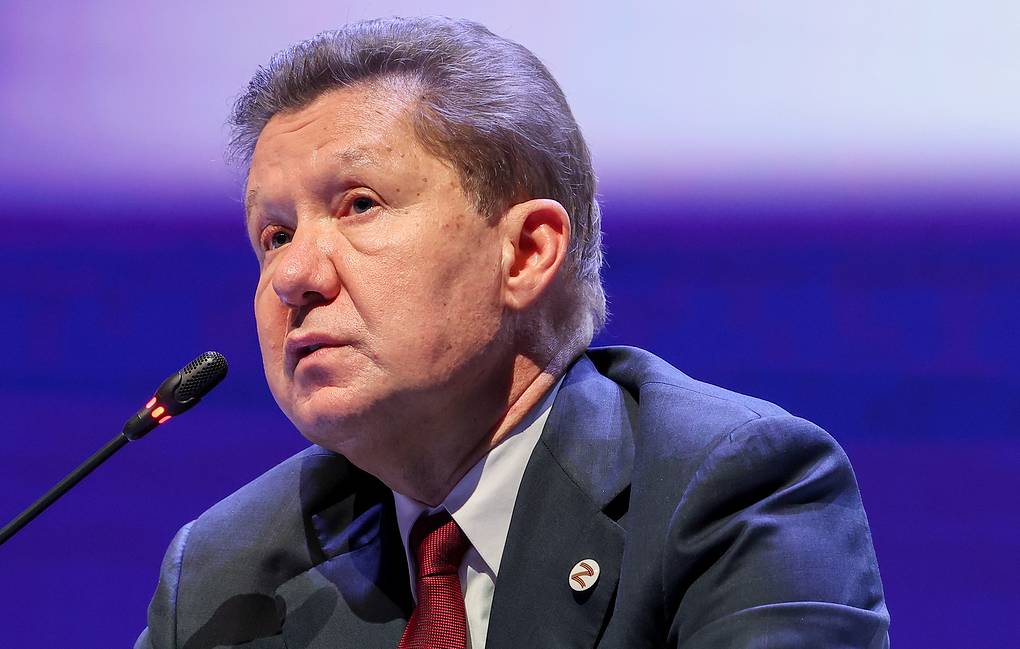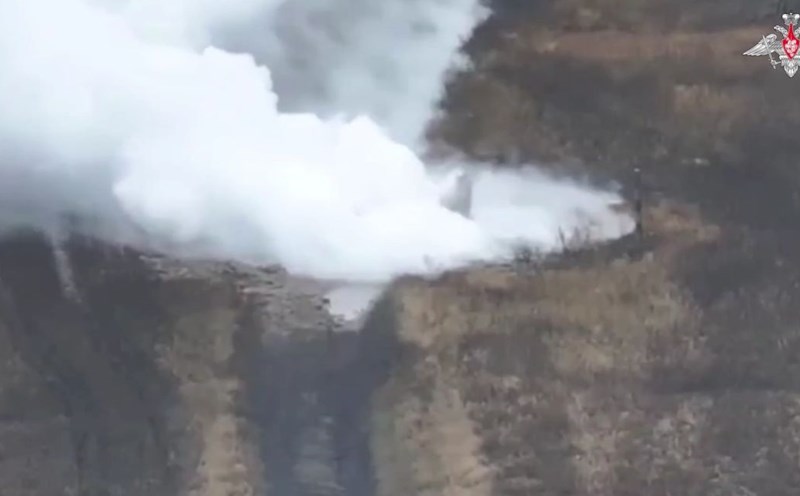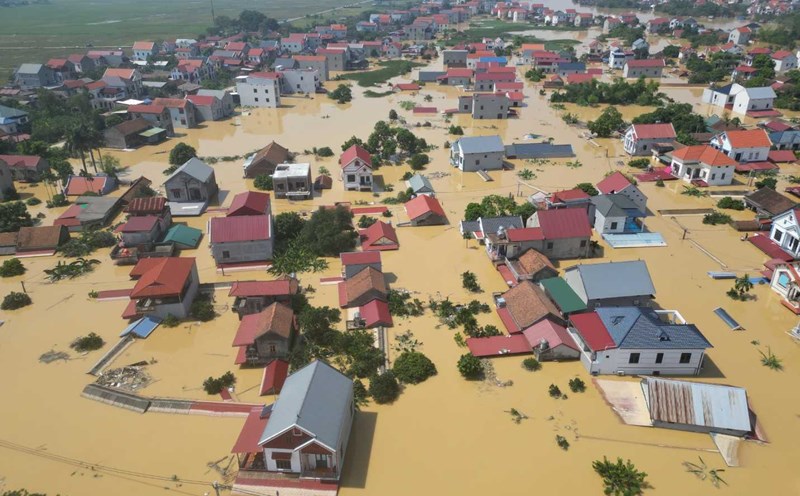Speaking at the plenary session of the St. Petersburg International Gas Forum. Petersburg (SPIGF-2025), Alexey Miller, General Director of Gazprom, said Russia will not face any problems with energy supply in the next few centuries.
Miller stressed that despite the sharp increase in artificial intelligence (AI) and global energy demand, challenges in energy, fossil fuels, and gas use in the economy are not a problem for Russia, at least for hundreds of years.
We feel confident, look forward to the future with confidence and know full well that it will be a prosperous future, Miller said.
The future of the gas industry lies in offshore mines, especially in Russia's Arctic region, according to the head of Gazprom. Not the Arctic in general, but Russias Arctic. Currently, the area holds about 87,000 billion cubic meters of underground gas, Miller said.
He added that despite the huge reserves, most of the offshore fields are still unused, as the onland gas is still enough to maintain global supply-demand balance. However, in the near future, offshore projects will become the focus of Russia's development, playing a fundamental role for the national energy sector.
In addition to exploiting new resources, Miller stressed the importance of the national gas program - a long-term strategy to ensure stable supply and improve the quality of life in rural areas of Russia.
Climatization is not just an energy project, but a social policy ensuring that people in all regions of Russia have access to clean, affordable energy, he said.

Another highlight in Miller's speech was the significant growth in gas exports to Central Asia, especially to Uzbekistan, Kyrgyzstan and Kazakhstan.
Compared to the same period in 2024, the volume of Russian gas exported to the region in the first 8 months of 2025 increased by 15%, and these are very significant figures, Mr. Miller informed.
He also predicted that in the next 5-6 years, Central Asian economies could grow up to 60%, leading to strong increases in energy demand, and Russia would continue to play the role of a key supplier.
Gazprom is currently pushing projects within the framework of Power of Siberia 2 - a large-scale gas pipeline system connecting Russia with China via Mongolia.
According to Mr. Miller, this project not only has commercial significance but is also a catalyst for energy growth in the whole region, helping to stabilize the supply chain and strengthen Russia's energy position in Asia.
The statements of Gazprom's leaders once again affirmed Russia's strategy: shifting the energy focus from Europe to Asia, while exploiting the maximum potential in the Arctic.









